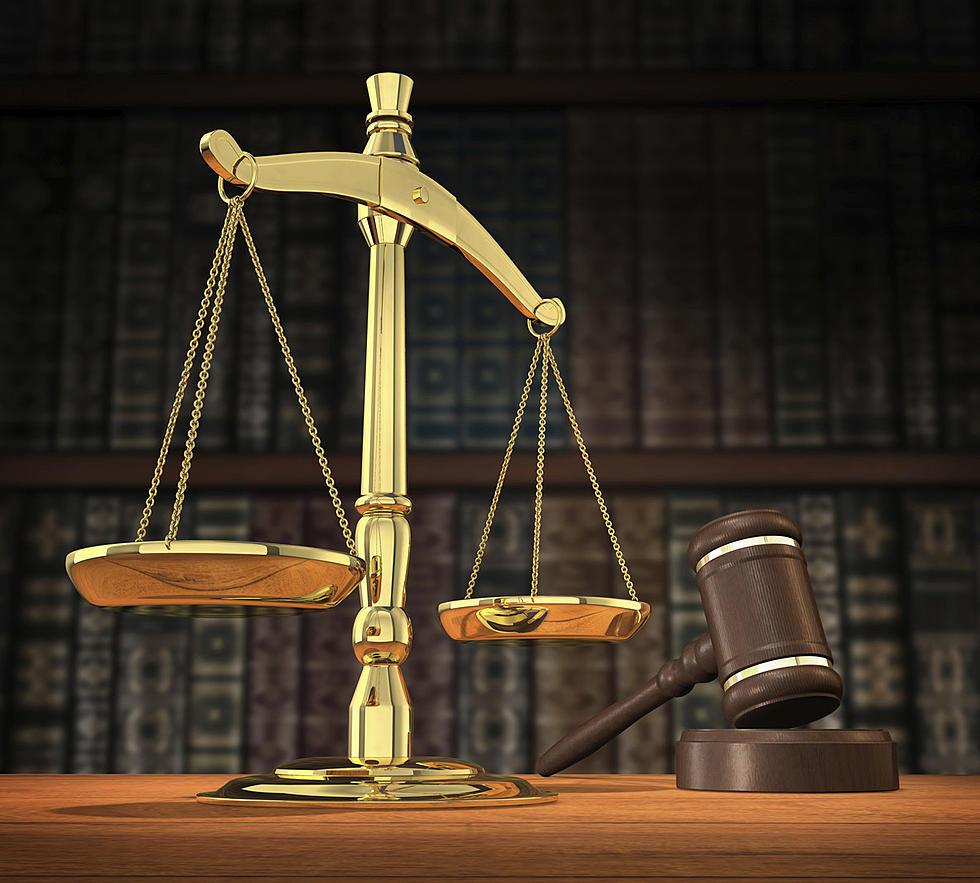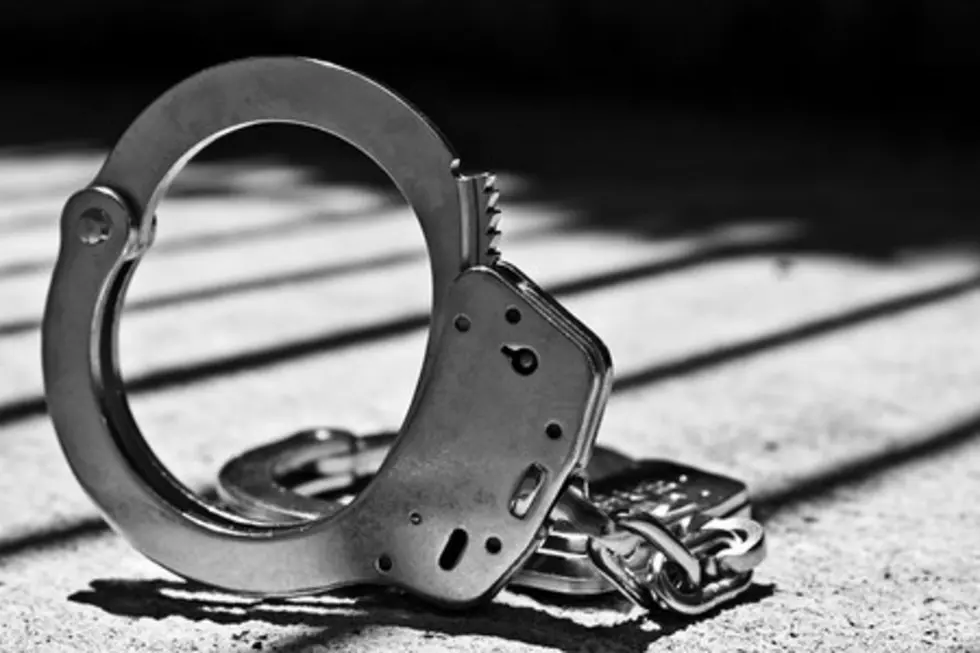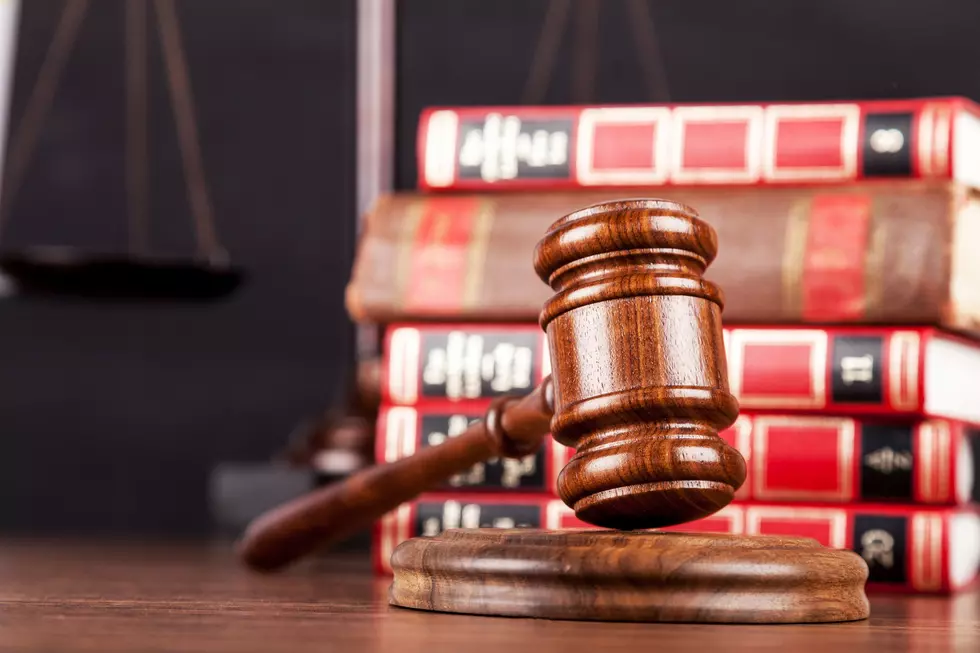
Berkshire District Attorney Reacts to Chauvin Conviction
A sense of relief is palpable across the United States after a jury found former Minnesota Police Officer Derek Chauvin guilty of murder and manslaughter in killing George Floyd. But what comes next? The Berkshire District Attorney's office reacted to the guilty verdict Tuesday calling the verdict a start to eliminating the ingrained racism in the justice system that for too long has condoned and perpetrated state-sanctioned violence against Black people.
Here is the statement released by the Berkshire District Attorney's Office Tuesday:
--- "We send our deep condolences to Mr. Floyd’s friends and family. This verdict is a start to eliminating the ingrained racism in the justice system that for too long has condoned and perpetrated state-sanctioned violence against Black people.
This verdict is more than holding one person accountable. This verdict is a defining moment of our generation that galvanizes a collective movement toward building a fair justice system that ensures safety for all of the people it represents.
We thank the prosecutors for their meticulous work in bringing former Officer Derek Chauvin to justice. We thank the reasonable officers who testified that Derek Chauvin’s actions were unjustified. We thank the numerous bystanders who bore witness and had the courage to speak truth to power. We thank the members of the jury for upholding and performing their vital role in the judicial system with grace.
Justice for George Floyd demands that we work to end the dehumanizing treatment of human beings in the justice system." ---

Where we go from here is certainly the question that the country needs to be asking itself. One thing is clear however. The justice system in this country, although far from perfect, works. Derek Chauvin, despite already having been found guilty in the court of public opinion, was able to get a fair trial by a jury of his peers. And the Floyd family was able to get some sense of closure.
LOOK: 50 essential civil rights speeches
More From WSBS 860AM









